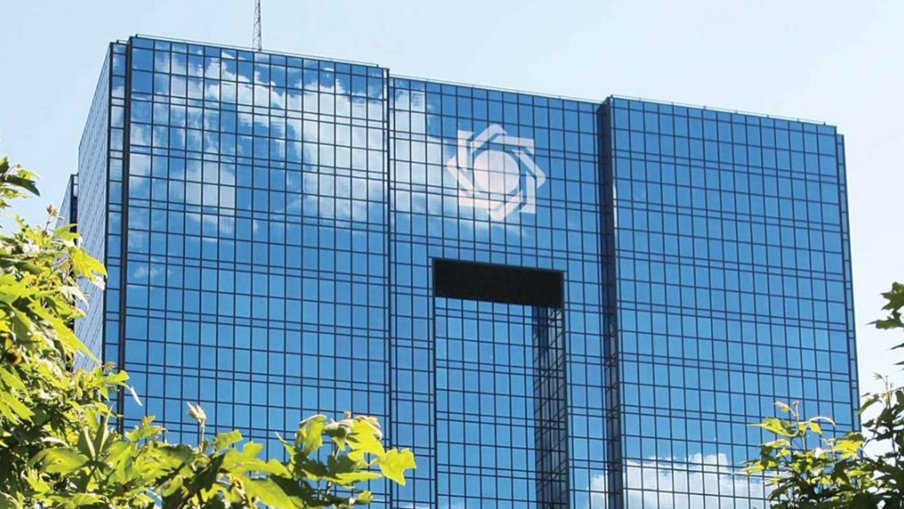The U.S. Treasury Department on Thursday issued a license allowing certain humanitarian trade with the Central Bank of Iran (CBI).
The license, which doesn’t have an expiration date, allows certain humanitarian-related transactions involving the CBI that were prohibited following U.S. counterterrorism sanctions imposed in September on the central bank, according to guidance issued alongside the license by the Treasury’s Office of Foreign Assets Control (OFAC). That designation had complicated the few remaining avenues for humanitarian trade, Kharon reported at the time.
Foreigners don’t risk exposure to U.S. secondary sanctions on Iran for engaging in the sale of agricultural commodities, food, medicine or medical devices, nor do they face secondary sanctions for humanitarian transactions involving the CBI under the new license if engaged by a U.S. person, OFAC said in the guidance.
The move comes amid the global outbreak of coronavirus, which in Iran has killed 26 and sickened hundreds more -- placing the reported mortality rate in Iran at 11 percent, far higher than other countries. Top officials in Iran, including a vice-president and members of parliament, have tested positive for the virus, state media reported.
On Thursday, Iran canceled traditional Friday prayers in several cities, including Tehran, and state news agency IRNA said the country banned entry to Chinese citizens. Earlier in the week, Iran closed schools and cultural centers in 14 provinces, and moved to dedicate hospitals toward treating coronavirus patients, according to media reports.
Mahan Air, a sanctioned Iranian airline, was still flying between Tehran and four Chinese cities -- Beijing, Shanghai, Guangzhou and Shenzhen -- despite claims from government officials that flights between the countries had stopped, Radio Farda reported earlier this week.
The Chinese city of Hubei is the epicenter of the outbreak, which has sickened tens of thousands of people worldwide, killing at least 2,800 people, nearly all of them in mainland China. Fears of a global pandemic have shaken markets and investors, while companies disclose concerns about supply chains and some firms curb business travel.
The World Health Organization said Thursday that the epidemic was at a “decisive point.” President Donald Trump put Vice President Mike Pence in charge of the U.S. response.
The Islamic Revolutionary Guard Corps (IRGC) has threatened Iranian medical specialists with reprisals if they disclose information about the spread of the virus, IranWire reported. Iran’s health sector is struggling to keep up with the soaring prices of medication and medical instruments, due to the effects of U.S. sanctions, doctors told CNN last week.
The U.S. and Switzerland on Thursday also announced that the two countries finalized the terms of the Swiss Humanitarian Trade Arrangement (SHTA), and that the agreement is fully operational. Under the SHTA, the Treasury will provide banks with necessary assurances that financial transactions involving agricultural commodities, food, medicine and medical equipment can be legally processed, the Swiss said. A pilot transaction authorized last month allowed a shipment of cancer drugs and medicines needed for organ transplants to be delivered to Iran.
Other foreign governments seeking to establish similar transaction mechanisms should reach out to OFAC for more information or to provide a proposed framework, the Treasury said.
